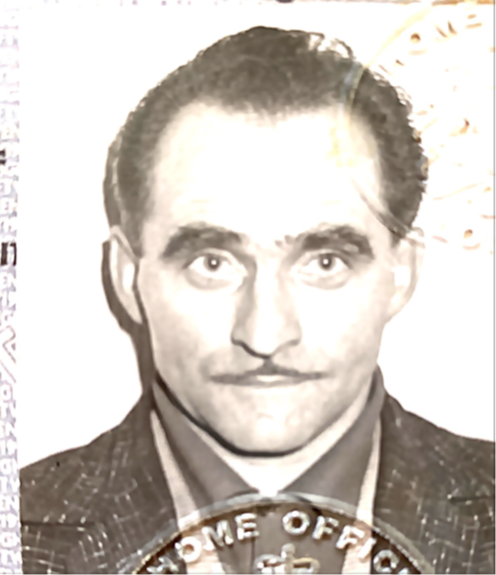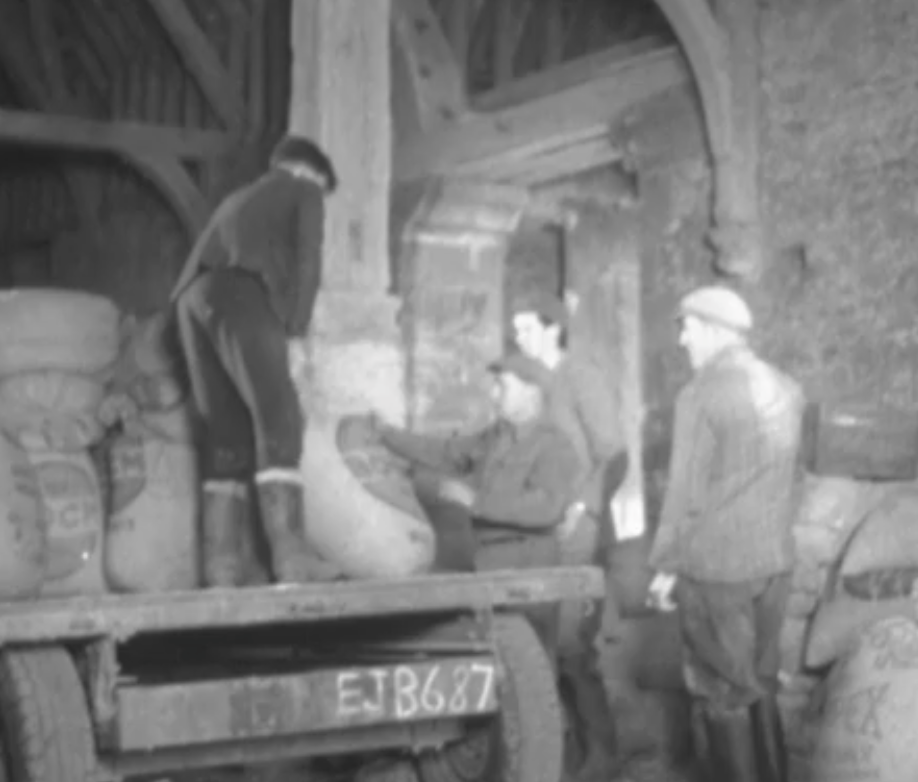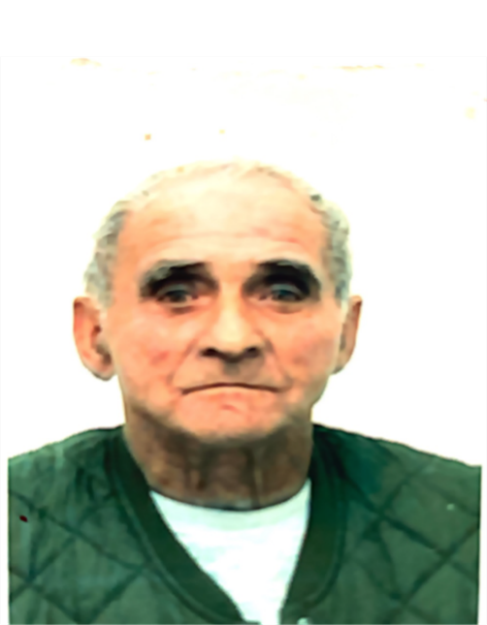One of our oldest residents, Marian Czerwinski, died suddenly at home on Friday 28th August at the age of 94.
Marian Czerwinski was born on 21st January 1926 in a remote village near Alexandrov, Eastern Poland. The son of a farmer, his childhood there was changed forever on 1st September 1939 when Germany invaded Poland, followed fifteen days later by the Russian invasion of Eastern Poland. In early 1942, after two and a half years of occupation, Marian was plucked from his family, bundled onto a train heading West and interned into a forced labour camp by the Nazis. He was 16 years old and was never to see his parents again.
Marian spent the rest of the war working in forced labour camps across Germany. Polish labour was employed in SS owned enterprises such as the German Armament Works (Deutsche Ausristungs Werke (DAW)) and also in privately owned factories such as Junkers, Messerschmitt and Siemens. Under the ‘Polish decrees’, Poles were required to wear identifying purple ‘P’s on their clothing. They were subject to curfews, banned from using public transport and housed in segregated barracks behind barbed wire.
Marian’s routine was punishing. It involved hard labour 12 hours a day for 6 days a week making war munitions for the Axis effort. His diet would have been very poor and he would have faced brutal punishment for disobedience or poor performance. For a time, Marian was working in a factory in Karlsruhe, near Stuttgart, and he recalled that the Polish shifts were at night during Allied air raids, whilst other workers covered the safer daytime shifts. He learnt very quickly that to survive in such circumstances, he had to work hard, never complain and keep out of trouble.
It is hard to appreciate the devastating impact of the German occupation on the Polish community. It is estimated that over 6 million of the 26 million population were killed either by the Nazis or by the Russian forces that followed, between 1939 and 1945, 21.4% of the population.
In 1945, having worked in different labour camps across Germany, Marian found himself in Southern Germany close to the Swiss border. As the Third Reich collapsed under Allied advances, the Free Polish Army rescued Poles that had been displaced and led them to safety over the Swiss border, and thence into Italy. Marian thus found himself recruited into a Division of the Free Polish Army based in Northern Italy. From there, he was offered the chance to start a new life in the UK. And so it was that in 1946, he arrived in a refugee camp in Nettlebed, near Henley-on-Thames.
In the late 1940s, Marian received a letter from the Soviet dominated Polish Government of National Unity, inviting him to relinquish all rights to his family’s farm and properties in Poland. It was an offer he was unable to refuse.
Marian’s first employment in the UK was in Reading, rebuilding the war damaged town. His diminutive stature (he was 5 foot 2 inches tall) was put to good use, as he was selected by the Water Board to climb down drainage pipes and weld broken joints. Further work at the Huntley and Palmers biscuit factory followed before he was relocated to the Marine Barracks in Faringdon in 1953.
Sadly, Marian lost his beloved Beatrice 7 months ago. Whilst none of us will ever fully understand the hardship he suffered in his early life, we can take comfort that he found peace in the village which became his home. He will be remembered fondly by many in Great Coxwell. Our thoughts are with Angela, Gillian and their families at this sad and difficult time. Marian is being buried at a private family funeral on Monday 14th September at 1030 in St Giles Church graveyard where Beatrice is waiting for him.
(Robbie Burns, with assistance from Richard Smith and from his family, 11th September 2020)



 RSS Feed
RSS Feed